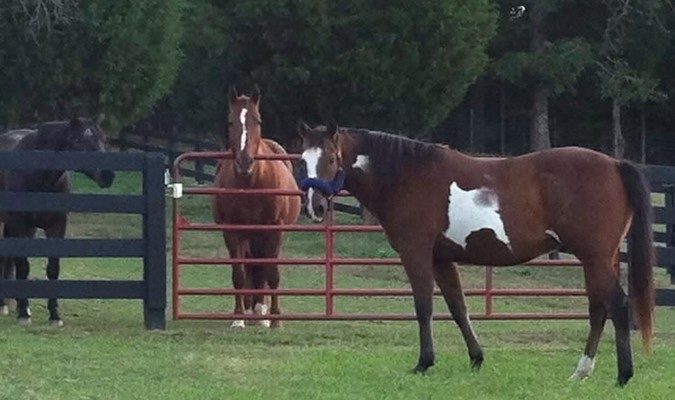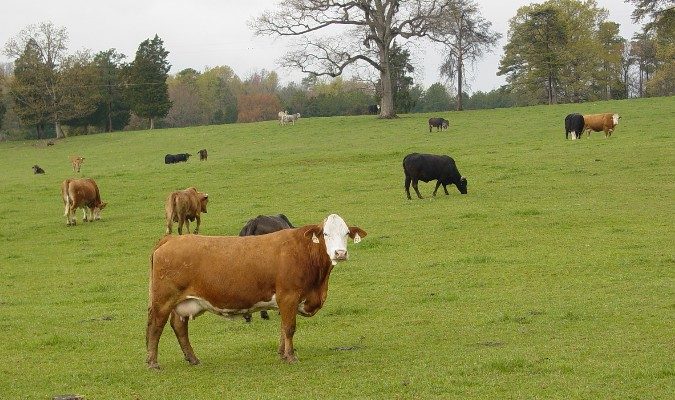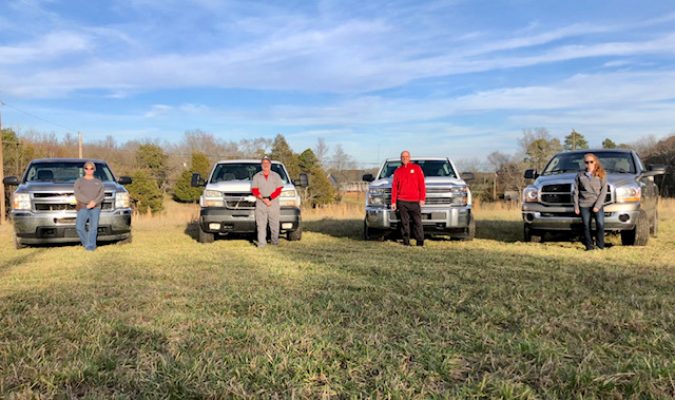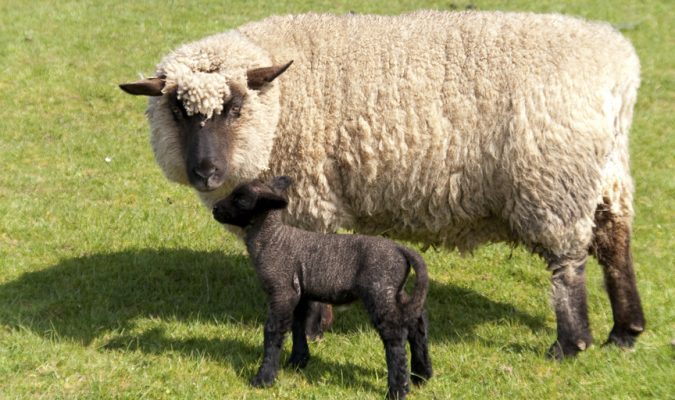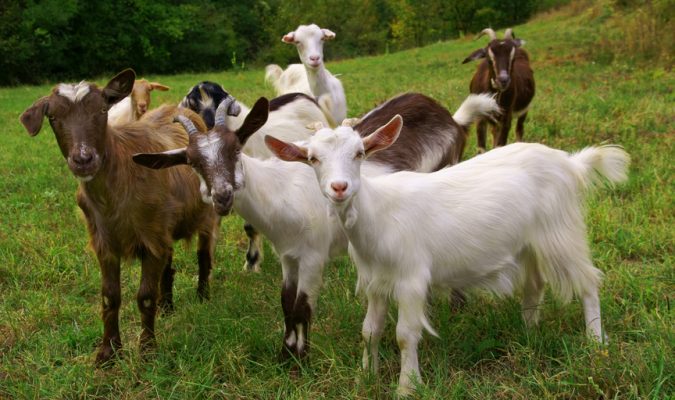In the spirit of Thanksgiving, we want to use this newsletter to state our appreciation for all of our clients. Thank you for choosing us to care for your animals through the planned appointments and the unexpected emergencies. It is a pleasure for each of us to be able to care for your animals and help maintain that human animal bond.
Reminder for horse dentistry
As we head into the winter months and the amount of fresh green grass continues to decline, you will likely be supplementing your horse’s forage with hay. The minimum amount of forage necessary in a mature horse’s diet is roughly 2% of their body weight. For example, an adult horse weighing 1,000 lbs. will need to consume 20 lbs. of hay/forage per day to maintain their weight and a happy digestive tract. You should have your hay tested to ensure that it has the appropriate levels of protein, fiber, available energy, vitamins, and minerals. Review an earlier newsletter to learn more about hay testing and how to go about that!
Also, we need to ensure your horse has the ability to chew the hay and break down the hay in a way that is necessary for digestion. As you can imagine, it takes a lot more chewing to break down hay than grass. So, if your horse is uncomfortable chewing grass or dropping feed, it’s going to be a lot harder for them to chew hay and get the necessary amount of forage daily. This is where a dental exam comes into play. Horses that struggle with chewing will benefit from a dental exam and potentially a dental float to make them more comfortable heading into winter. If your horse is missing teeth or is already underweight, we can discuss other easily digestible feed options to help get weight back on them. We want to avoid weight loss in the middle of winter, because trying to gain weight back during those cold months is a lot more difficult than when there is plentiful green grass available.
What occurs during a horse dental procedure?
The purpose of an equine dental procedure is to fully assess and correct abnormalities in the oral cavity of your horse. We can externally palpate the muscles of the mouth, cheek teeth, look at the incisors under the lips, or even grab the tongue to look at the inside of the mouth without sedation. However, those are all limited exams, and in order to fully assess the teeth, gums, and tongue we have to perform standing sedation of the horse. This is done by lightly sedating the horse, inserting a speculum to pry the mouth open, rinsing the mouth to remove feed material, and using a light, mirror, and dental probe to look at these important structures. If there are excessive points on the teeth or excessively long teeth that may cause pain or limit the movement of the mouth as they chew, then a dental float would be recommended. A dental float is done with a power drill to efficiently grind down these sharp points and long teeth to help your horse chew more effectively. Below are some great resources discussing horse dentistry.
https://www.youtube.com/watch?v=w2WKK91ONX8
https://vetmed.tennessee.edu/wp-content/uploads/sites/4/UTCVM_EquineOdontoplasty.pdf
How often to have a dental exam?
Unlike humans, horses continually erupt their teeth throughout their life. Like humans, some horses have better dental conformation than others. When it comes to the frequency of dental procedures, it is dictated by the veterinarian caring for that horse. Some horses are blessed and need very little done during each dental procedure while others require extensive work every time we enter the mouth. So, some horses can go years (~1-2) between dentals while others are recommended to have their mouth checked every six months. The frequency of dental exams will likely increase the older the horse gets to ensure their teeth can still break down forage efficiently. This is because as a horse approaches 30 years of age, they are likely reaching the end of their teeth eruption, meaning that they will have little tooth left at that point. Not to mention, by the time a horse reaches its senior years they could have multiple dental abnormalities, such as missing teeth causing irregular teeth wear. By being proactive with their dental care you can add years to their life and reduce the amount of senior feed needed to supplement your horse.
Written By: Dr. Gunner Edgell
Rocky River Large Animal Veterinary Clinic is here to serve you and your animals.

